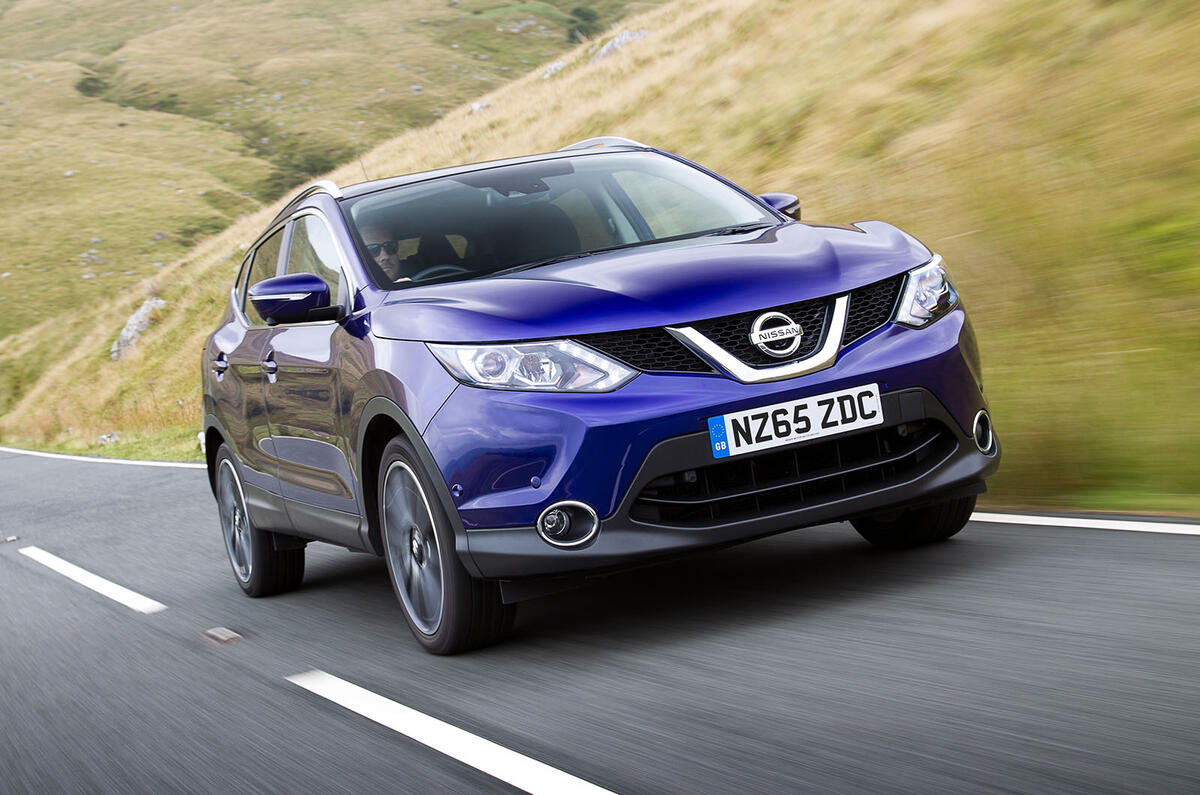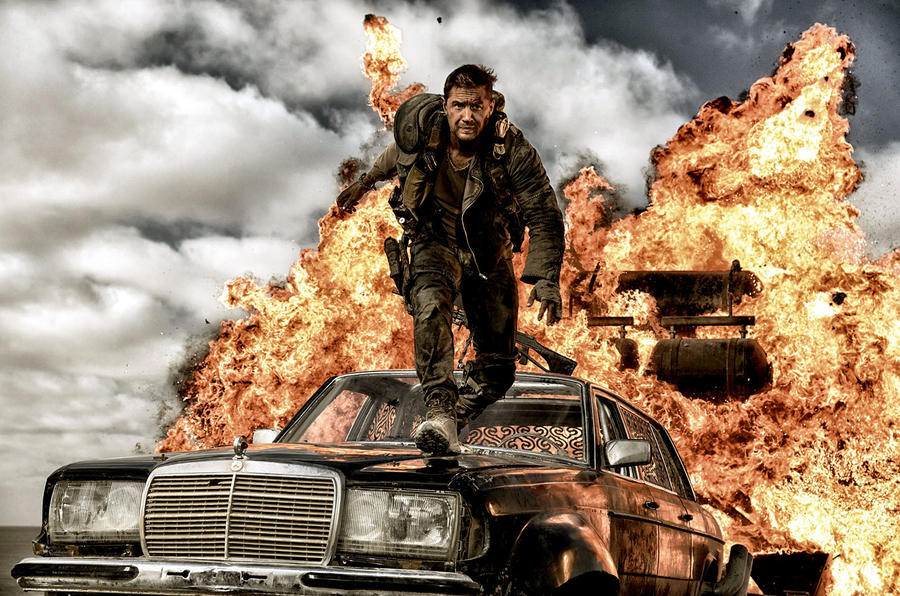The critics have spoken. They – 177 of them – have compiled a list of the 21st century’s greatest films and have decided that the best feature flick is Mulholland Drive.
Fair? I’ve really no idea. I haven’t seen the 2001 neo-noir (whatever that means) flick and, given it only took $20 million at the box office, the chances are that neither have you.
The list, commissioned by BBC Culture, is a line-up of curiously rare grooves – not uncommon for something contributed to by art experts. Watching them all back to back would be like listening to a radio station that only broadcast Radio 4’s Front Row. Oh, I don’t doubt that by the end of it you’d consider your cultural appetites well and truly sated and you’d feel artistically smug to levels way above self-satisfaction. But by gum you’d be bored stiff.
I like Lost In Translation (21st) and Mad Max: Fury Road (19th), but even I’ll admit that, at the end of them, it’s hard to shake the feeling that precisely nothing of any great consequence has happened. Not once in this apparent top 100 has anyone thrown these motherflippin’ snakes off this motherflippin’ plane, nor has anyone tried to repair to the Winchester until this all blows over.
But more than that, with the odd exception, it’s almost as if the chances of doing well on the critics’ list is inversely proportional to a film making a shedload of money. The weirder, more obscure and less watched the film, the better. Scroll through the top 100 and you’ll not find a hobbit, a pirate, a Mark Wahlberg (with or without teddy bear), nor a lanky, pacifist blue alien construct controlled by a paraplegic US marine among them. Not until 33 on the list do you find a film that is one of the 50 highestgrossing (The Dark Night). I care not for Avatar, but I will shed a tear for how the omission might hurt Ted’s feelings.

Which brings me, belatedly I’ll admit, to cars. Were 177 noteworthy vehicle critics, assuming you could find that many, asked to choose the top 100 cars of the 21st century, clearly we wouldn’t be so completely out of touch with the car-buying public. Or would we?













Join the debate
Add your comment
Horses for courses
Advertisers, that's what drives professional car critics
That's why there are no articles about the health impact of diesel pollution, or the fact that the average speed in London is about 10mph so you may as well buy a bike, or the place with the highest density of traffic fumes in a traffic jam is actually inside your car.
It was particularly interesting how slow they were to report on the impact of Tesla (who don't advertise), until other car makers (who do advertise) started to announce forthcoming electric cars made to compete with Tesla.
But this is all OK, as long as you understand that it's happening.
White Goods